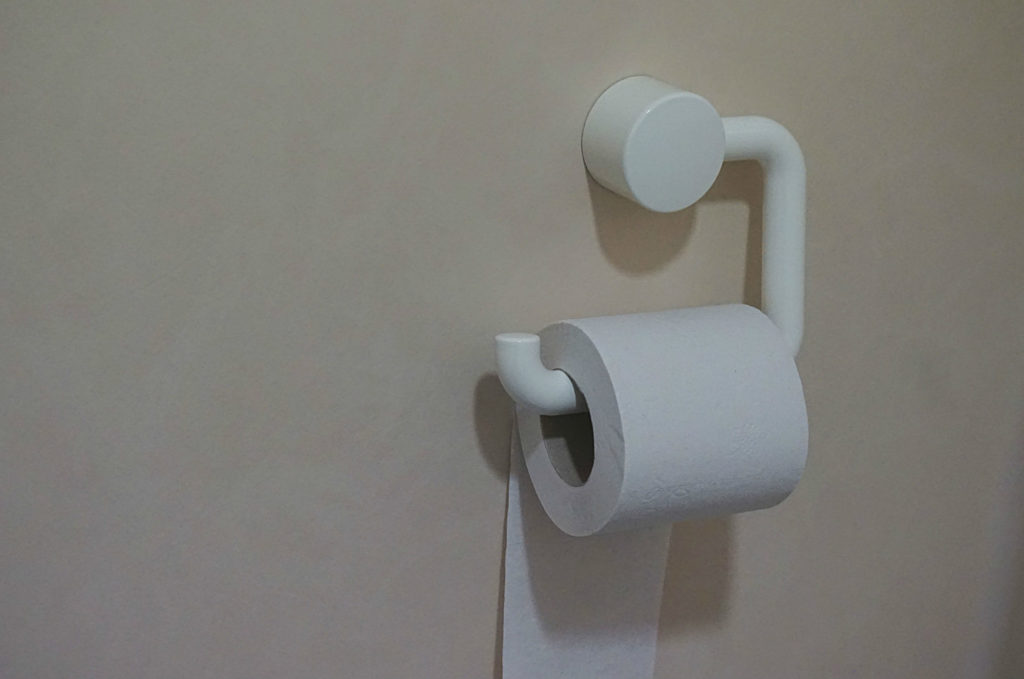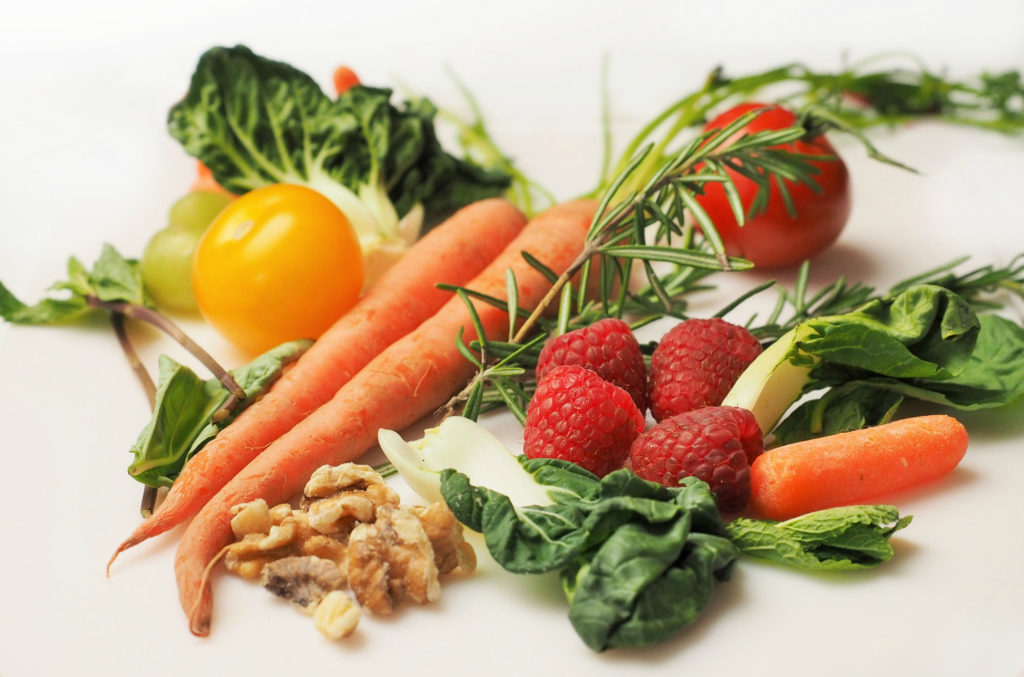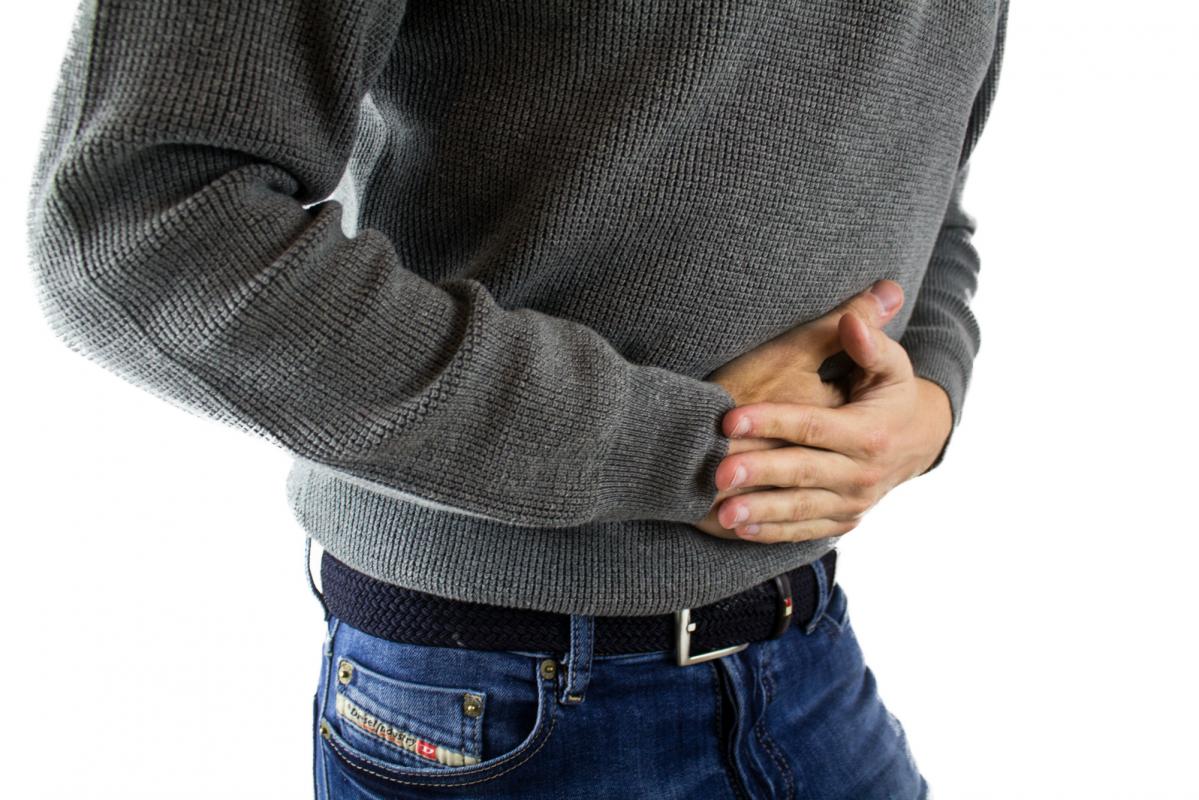This month is IBS Awareness Month worldwide, and while Irritable Bowel Syndrome is not exactly the most pleasant thing to talk about, it is a worthwhile conversation. Although this condition is common, it is often misunderstood in terms of how it’s properly diagnosed and how it can be treated.
Past research from ASDA Pharmacy has found that 4 in 10 IBS sufferers in Britain regularly take time off work, with an average nine days a year taken as sick days because of the condition. The same study also found that 6 in 10 IBS sufferers have never sought professional help due to embarrassment. It’s reasonable to assume that the bowels and how they can go wrong are not exactly popular choices of conversation!
That’s why in this blog, we’re here to summarise everything you need to know about IBS, including its causes, symptoms and the best ways of dealing with it.
What exactly is IBS?
Irritable Bowel Syndrome is a chronic condition that affects the digestive system, specifically the small and large intestine. Abdominal cramping and pain plus regular and troublesome bowel habits such as constipation and diarrhoea are the most common symptoms of this condition.
While not life-threatening, IBS is an embarrassing condition to live with and can severely affect your quality of life. Other symptoms IBS can cause include bloating, flatulence, tiredness, nausea, backache and problems peeing.
What causes IBS?
IBS is often a lifelong problem and how strongly it’s felt can vary from day-to-day. There may be days where it’s not so bad and others when it flares up. These flare-ups may happen for no obvious reason, but certain things consumed or certain behaviours could be triggering them.
Certain food or drinks, particularly spicy or fatty foods as well as alcohol and caffeine, are all capable of triggering IBS flare-ups. Stress and anxiety you feel during the day can be enough to set off the condition as well. None of these triggers are universal, so people with IBS may avoid symptoms even after having the types of foods or drinks mentioned here. Unfortunately, the condition could flare-up without any obvious provocation.
There is no confirmation that IBS can be genetically inherited, but past studies have determined that you’re more likely to have the condition if a parent or sibling has it.

How to confirm you have IBS
Part of the reason IBS can be misunderstood is that its symptoms are similar to certain other conditions. Without a proper diagnosis, people with IBS may not take the right steps to keep it under control. If you suspect you have IBS, then it is worth getting an appointment with your GP.
Your GP will ask you questions about your symptoms and will likely run tests to rule out other conditions you may have instead. What one might assume to be IBS could turn out, for instance, to be coeliac disease or an infection in the bowels such as inflammatory bowel disease (IBD). If your GP does diagnose you with IBS, then they’ll clarify what it is and what the treatment options are.
Is there a cure for IBS?
What’s frustrating about Irritable Bowel Syndrome (besides the symptoms!) is that there’s not one specific cause, there’s no distinctive pathology and there’s no specific cure either. Sadly, there isn’t a single effective treatment that will work in all cases. However, there are numerous medicines you can take and changes to your diet and lifestyle that can significantly reduce the symptoms.
The best ways to deal with IBS
There’s not a single diet or medication that works for everybody who has IBS, but following these tips can give you a much better chance of keeping the condition under control. Changes you can make in your life can be placed in three distinct categories – diet, daily routine and medication.
Diet
- Avoid delaying or skipping meals as much as possible. Eating at unusual or inconsistent times could be making your condition more severe.
- If you cook your own meals, then use fresh ingredients when you can.
- Try probiotics for a month or so to see if they help. These can be taken as capsules or can be found in certain foods including yoghurts and sauerkraut.
- If you are a fast eater, then try eating at a slower pace.
- Avoid eating a lot of spicy, fatty or processed foods.
- Avoid eating more than 3 portions of fresh fruit a day (one portion is 80g).
- Avoid drinking more than 3 cups of tea or coffee a day.
- Avoid drinking lots of fizzy drinks or alcohol.
- To reduce bloating, cramps and farting, try eating oats (such as porridge) regularly. You could also try eating up to one tablespoon of linseeds a day. You may also want to avoid foods that are hard to digest like beans, broccoli, Brussel sprouts, cabbage, cauliflower and onions.
- If you’re having trouble with diarrhoea, cut down on high-fibre foods (like brown bread, brown rice, seeds and nuts) and anything that has a sweetener called sorbitol. The latter can be found naturally in foods including apples, peaches, pears and cherries.
- If your IBS is giving you constipation, try drinking more water and eating more soluble fibre (a good amount is found in oats, pulses, carrots, potatoes and linseeds).

Daily routine
- Try to get a good amount of exercise. Even something as simple as walking more each week can make a positive difference.
- Consider finding more ways to relax when not working or exercising.
- If you have a particularly bad day/week with your IBS, consider if anything has been different about your diet or routine recently and make a note of them. This could make it easier to identify triggers for your IBS.
Medication
- Speak to your doctor about medicines that can help treat diarrhoea such as Loperamide and Norimode. Some treatments are designed to treat both short-term diarrhoea and when it is caused by IBS.
- You could also ask your doctor about medicines that can help reduce stomach pains such as Buscopan and peppermint oil.
- Laxatives like fybogel and movicol could also be used if your IBS gives you trouble with constipation.










